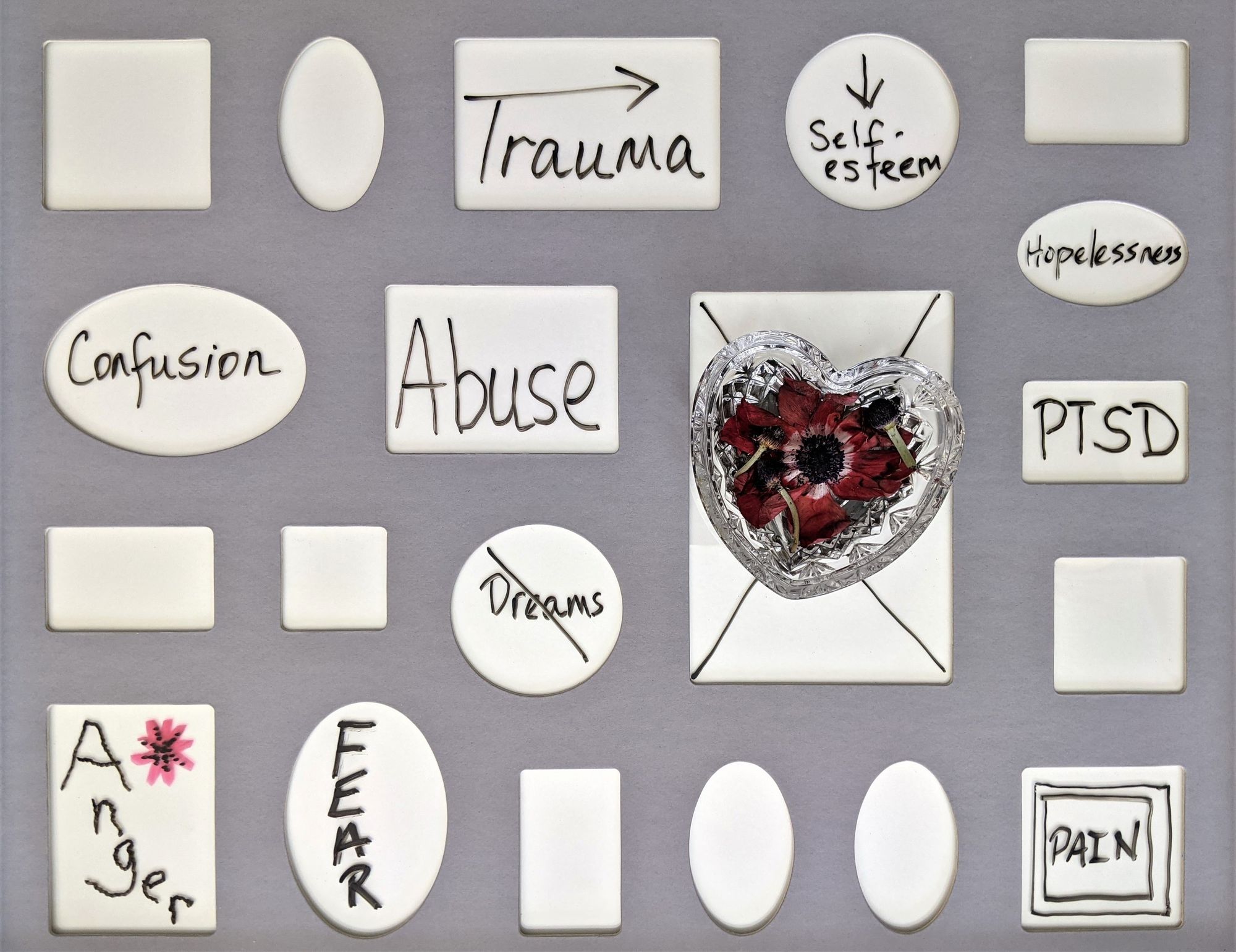How to release stress
It might surprise you to learn that biological stress is a fairly recent discovery. It wasn’t until the late 1950s that endocrinologist Hans Selye first identified and documented stress.
Symptoms of stress existed long before Selye, but his discoveries were largely overlooked or just simply ignored. The main reason for this was probably because most of us thought they weren’t very important at all. Then in the 1970s there started to be increasing evidence that stress might affect our bodies. At that point, the way we view stress changed dramatically. We realized not only can we experience it, but its effects are both widespread and significant. More recently, we have begun paying closer attention to the ways it affects our health.
A major result of understanding how stress affects us is that, now more than ever before, we know exactly what we need to do about stress. This knowledge has resulted in an enormous increase in interest in stress management for both individuals and organizations. The simple, effective tools in place today make it possible for everyone to manage their stress as well as they possibly can. But what exactly does ‘stress’ really mean? And how can we use it to our benefit?
What Stress Is

The idea of what constitutes stress varies considerably from one person to another. Some people define stress as a lack of sleep or a stressful life event while others consider stress only the experience of being stressed. What everyone is actually concerned about is the meaninglessness we feel when dealing with life events in general.
However, since each individual experiences stress differently, we can’t assume that every person feels the same way. For instance, if you consider yourself chronically stressed, you may find yourself constantly worried and fearful. On the other hand, if you think your daily life around you is particularly unstable, you could experience stress that is mostly related to your own mood and emotions. There are several approaches you might take to understand these two different types of stress, and some ideas that will help you get started include taking care of your physical and mental health, making sure you stay physically healthy, creating a gratitude practice, getting enough sleep and avoiding excessive caffeine intake.

Stress vs Chronic Illness
The biggest contrast between stress and chronic illness lies in a belief of the former. As mentioned earlier, chronic illness sees each suffering, although one would never imagine it as something new — it has been a problem for as long as recorded history. In modernity, however, both conditions are increasingly becoming recognized as legitimate and important types of stress, which has led to the development of various stress-management skills.
One of the terms often given is “stress management,” where the term stressed person comes into play. All of us have had situations in life when it would be easy to say we don’t want to be stressed. Regardless of whether it was a car repairman who caused concern, someone we just met, or an argument we had with a loved one, stress happens. So why don’t we always get through such moments by asking ourselves: Am I stressing myself out?

Why do we continue to suffer? If we have been stressed for so many years and we are still experiencing it today, it’s very likely that stress and stress management techniques haven’t helped much since. There needs to be methods in place to ensure that we are able to work to improve our lives. In order to do that we must understand what stress is and how it works.
Stress Vs Bio-Stress
In biology, there are two categories of stress — biological and psychological. Biological stress is when the levels of hormones in our body go up over time due to external circumstances (for example, increased heart rate) or other bodily processes such as exposure to poor nutrients or toxins (for example, the production of estrogen). Psychological stress is when stress is experienced internally. For example, a person will feel anxious about losing a loved one.
In fact, as anyone familiar with human biology knows since this discussion began, stress is a biological process (although it varies greatly depending on whom you ask). People generally experience physiological stress on average once a day, usually during times when they are going through major changes to their bodies as well as periods when they experience emotional changes. They experience stress on an almost hourly basis and there is no doubt there is a link between our ability to handle physiological and psychological stress.

The challenge posed by environmental factors (e.g., change to a job or location) to people in both biological and psychological stress categories is similar in nature, but it gets even less complicated when you examine what triggers all stress in biological stress. Our blood pressure, or levels of certain stress hormones, start to rise when there is any kind of adversity (physical, emotional or psychological) around us.
This, combined with biological stress, can result in people experiencing stress in the short term (i.e. when there are things going wrong) and long term (i.e. when we get into uncharted territory). A better example is the case of cancer and, of course, stress. Cancer patients commonly report ongoing patterns of physiological (increase in blood pressure) and emotional factors (increasing stress levels, anxiety, depression, etc.). These patterns of stress, while seemingly unrelated to a person’s biology, trigger symptoms of cancer (increased blood pressure, higher blood cholesterol levels, inflammation…) in their mind and body. Over time, stress is seen as the primary cause of many diseases and one of the leading causes.

Stress Versus Mood
Mood refers to how much we feel internally. Many of us are aware of the influence we have on our emotions. When we find ourselves feeling depressed we start to seek professional help and sometimes counseling to discover the reasons why. However, there are also factors like changing environments and having a difficult time staying motivated that may result in depression. Because of the overlap between the two kinds of stress above, it is important for us to realize that those aspects of the brain and mind that control and enhance moods are also responsible for causing stress as well as a source of mental illness.
Stress Vs Health
The distinction made between stress and health is a tricky one. Although stress can affect our overall wellbeing (which will depend on many issues), the concept of coping with stress is typically much broader than just controlling how we feel or deal with negative emotion. A good approach is understanding the difference between what it means to cope and what it means to heal. Healing, as a term, is used to describe having no symptoms of distress. Here healing might involve a shift from unhealthy habits like smoking cigarettes and drinking alcohol to healthier habits (such as eating healthy foods) and even self-care practices like stress management and mindfulness. Cope, meanwhile, describes the focus on stress control and relaxation techniques.
The key thing to this distinction is that there is a clear definition between managing stress and staying healthy. Managing stress means we are actively seeking methods of helping ourselves to relax and reduce our stress level. Stay healthy, on the other hand, means the goal is to stay healthy and not become stressed.

Sometimes, stress relief can happen just as we are falling into bed the next morning — perhaps from catching a bad dream, waking up in the middle of the night to listening to music or spending time with family. Other times, our ability to control stress grows as we learn, grow stronger and our physical systems adapt to a way we are handling it. Either way, we are moving away from being controlled and towards coping rather than managing stress and staying healthy.
Why Use Stress Management Systems In Your Organization
Stress management systems like StressWorks, TraumaBucks and BalanceCare are all designed to help us focus on our goals while allowing us to manage our stress and remain healthy.
When managing stress in an organization, we can use some basic principles of business psychology, such as the Five-Factor Model and Six-Factor Model. First, let’s start with defining what these models mean. The five-factor model is based on research done by Stephen Covey. Briefly, the plan is to select the most powerful factors to support us in responding to stressors and then apply them to the situation that is causing the stress, so that we aren’t making rash decisions that might cause a crisis within our organization. In addition, the six factor model is derived from John Hattie. Essentially, the plan is to identify those specific areas of our life that are under attack by stressors and to use those as leverage points for addressing specific obstacles. Thus, using the 6-factor model, we can choose to reduce our likelihood that there are things that are holding us from achieving our desired goals or preventing us from facing crises.
For example, at Work, managing stress means working strategically with clients so that we work with them to develop strategies to address current stressors and prevent future ones. That strategy might mean we are using smaller groups to facilitate relationships with clients to avoid burnout. Additionally, it might mean that we are collaborating with our teams to create a holistic plan and process for managing multiple stressors. Finally, we might consider establishing programs to promote stress awareness.

Stress Vs Mental Health
since its been known for decades that stress has an impact on our mental health, it makes sense tat we would use it to understand how it relates to our psychological health . Now though , we might not assume that everything e are dealing with is a direct threat to our mental health . By learning to manage stress through managing it in ways that support both conditions , we may also be able to manage ourselves and our mental health in a whole new way.




